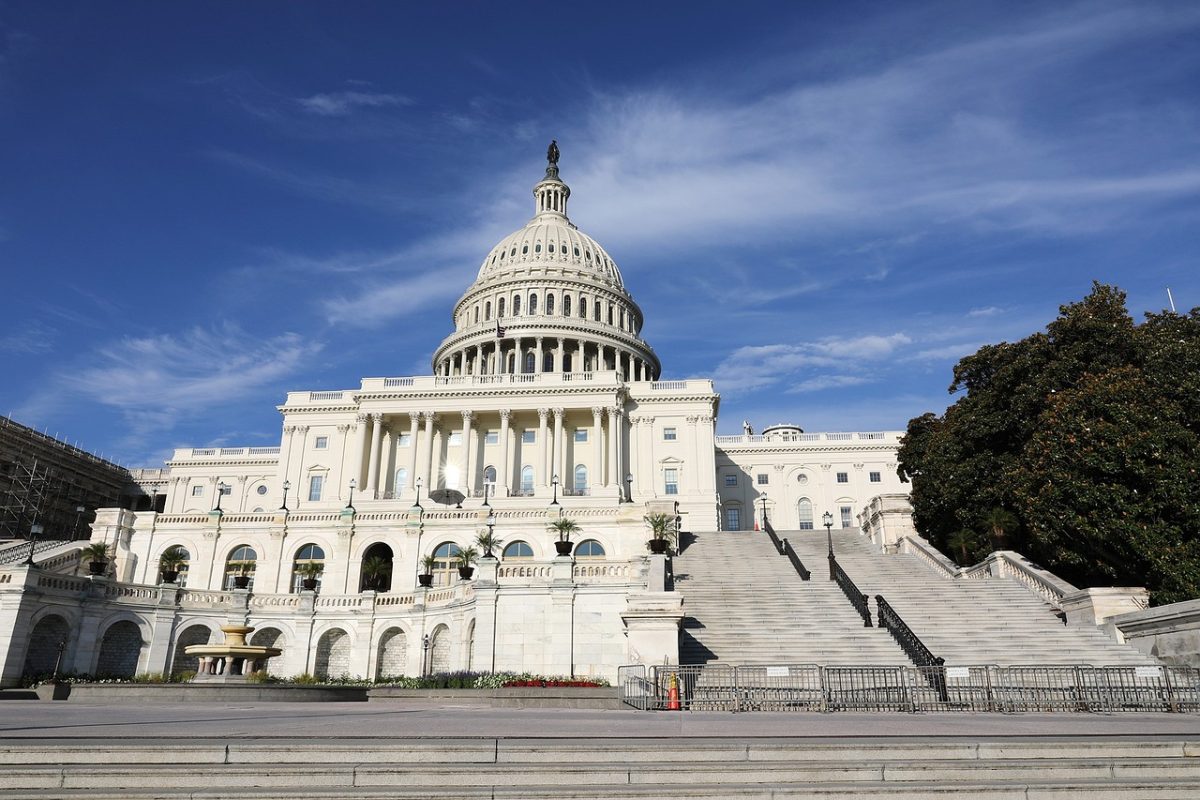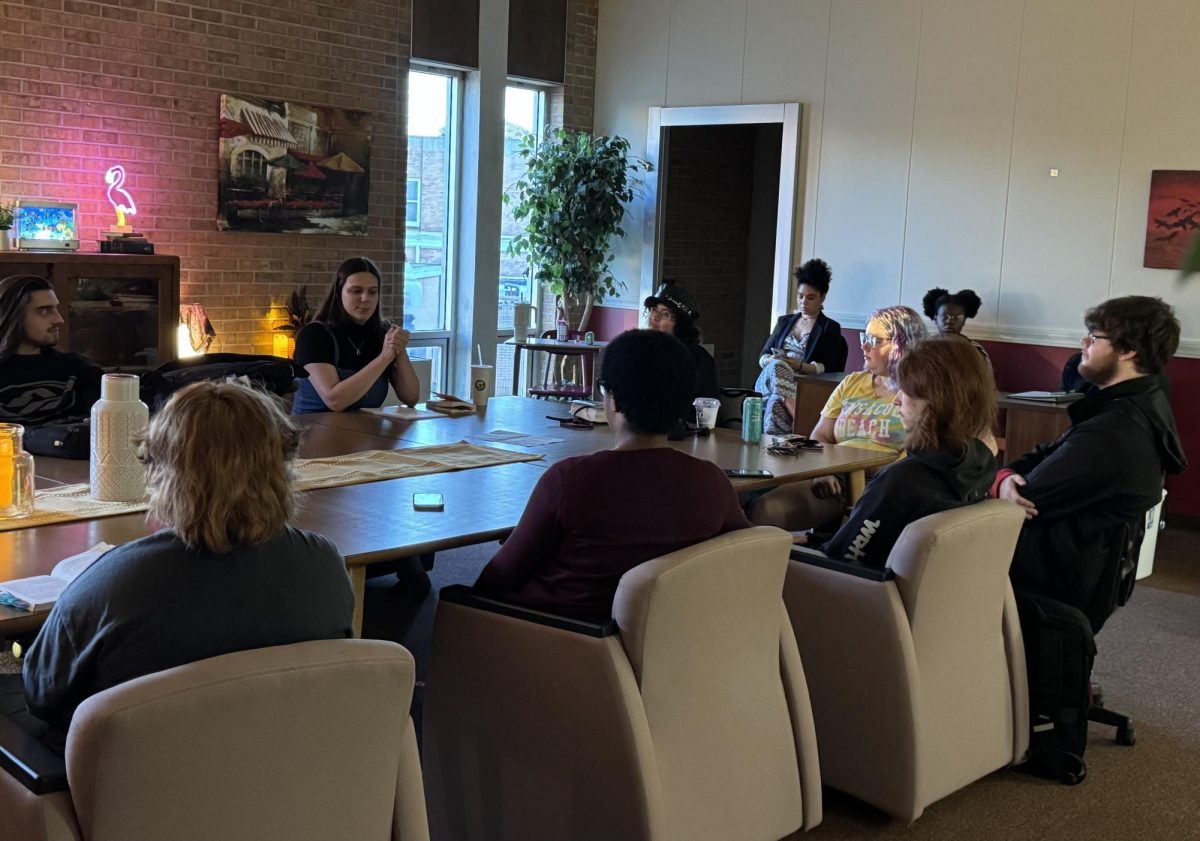After a long weekend off, congressional leaders return to Capitol Hill on Monday to try and strike a deal to prevent a government shutdown.
Last Thursday, House Speaker Kevin McCarthy (R-CA) announced that Congress would adjourn for the weekend, after a Republican party motion to start debate on the budget failed to pass in a 212-216 vote.
A group of five GOP members voted no on the motion, siding with all Democratic members. Of the group, Rep. Matt Gaetz (R-FL) has been the most outspoken.
On Twitter, Gaetz singled out McCarthy, writing that he “purposefully backed us up against the wall on spending bills and then sent everyone home at 3 p.m. on a Thursday.”
Usually, once the fiscal year ends, Congress passes a continuing resolution (CR). This is a temporary measure to keep the government funded while Congress debates the budget.
Debating the budget takes significant time, and according to the Associated Press, the budget usually isn’t finalized until December at the earliest. This is because there are 12 individual funding bills that each get deliberated.
However, some Republicans, including Gaetz, have indicated that they will not support a CR.
With a hard deadline of Oct. 1 approaching, it appears that there will not be enough time to pass a budget without the temporary resolution.
McCarthy reacted to this statement by saying that some members of his party “just want to burn the whole place down.”
If a budget is not in place by the deadline, the government will run out of money and enter a shutdown.
A shutdown would mark the third in six years, and if funding is not secured, the effects will be felt immediately.
National parks will shut down, federal employees will be furloughed and non-essential work at the federal level will stop, at least until the government is funded.
Employees who must work during the shutdown will be paid, but checks won’t come until after the shutdown is over.
In addition to federal employees being impacted, the White House warns that a shutdown could halt clinical trials for cancer research and leave disaster relief programs unfunded.
Despite what some would call long odds, McCarthy remains optimistic. “It’s not Sept. 30. The game is not over,” he told reporters last week. “We’re going to solve this problem.”






